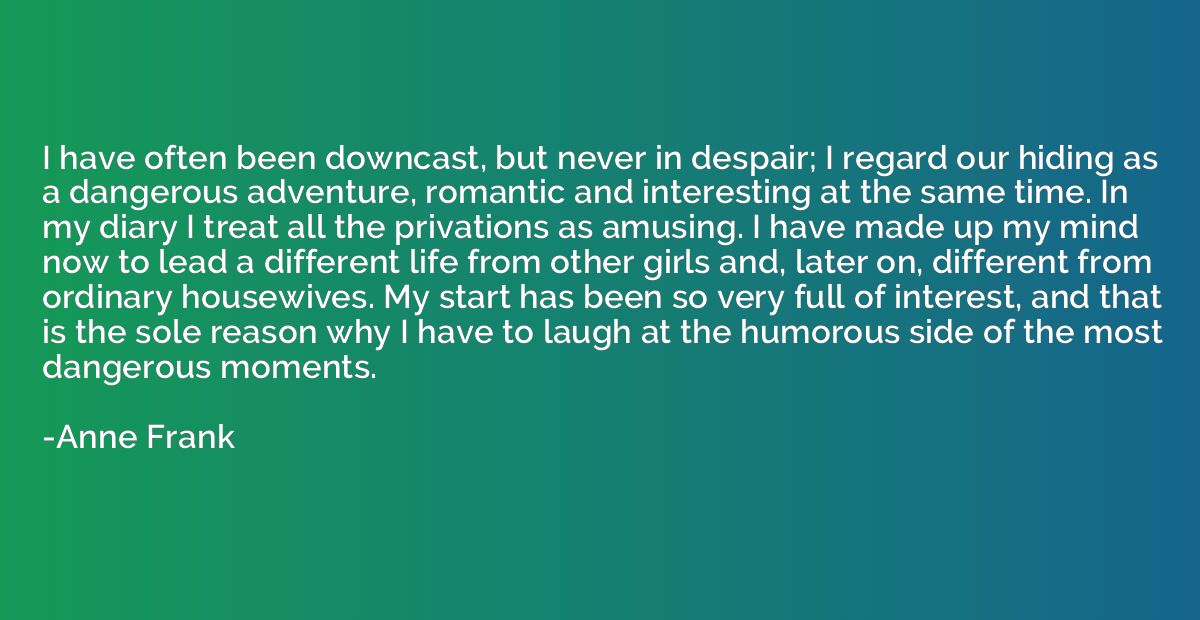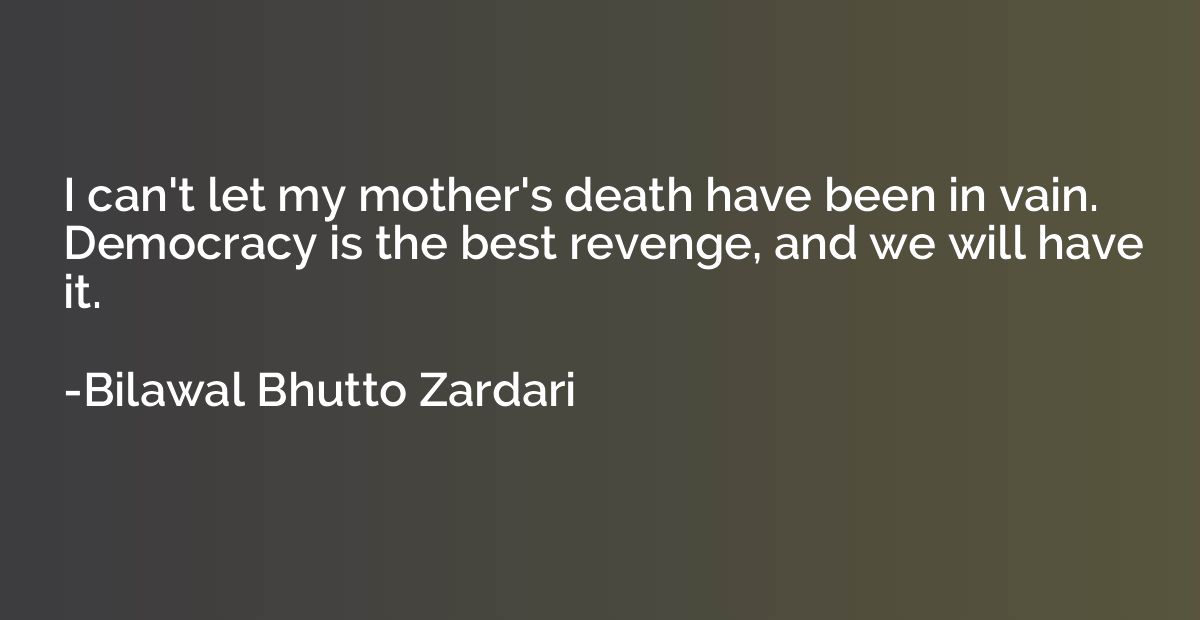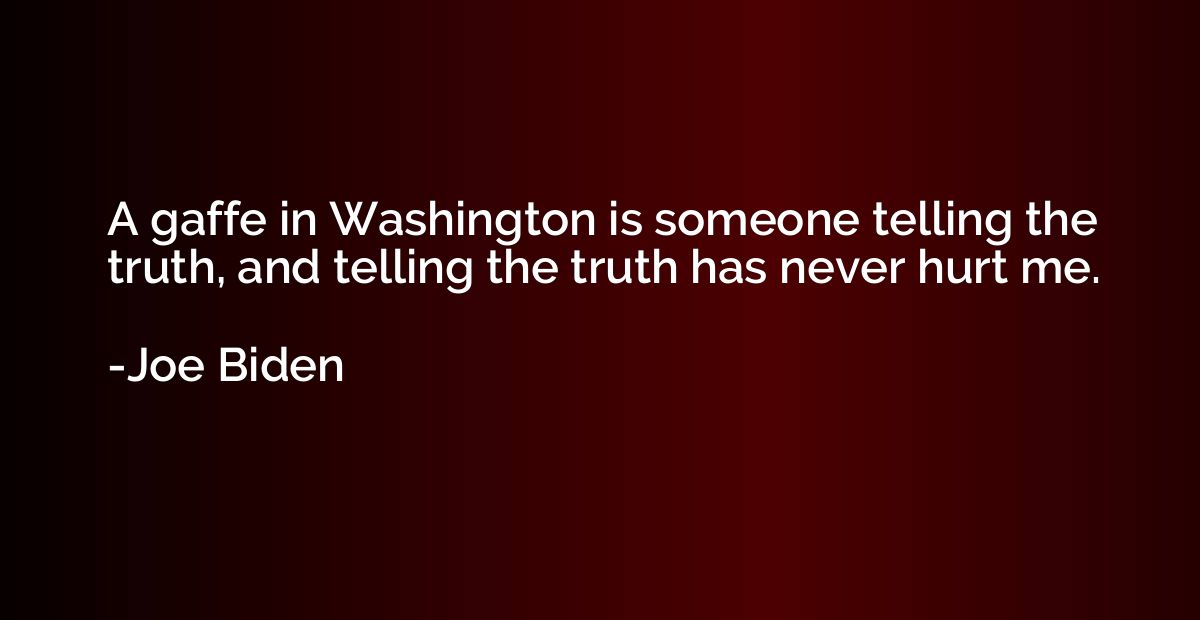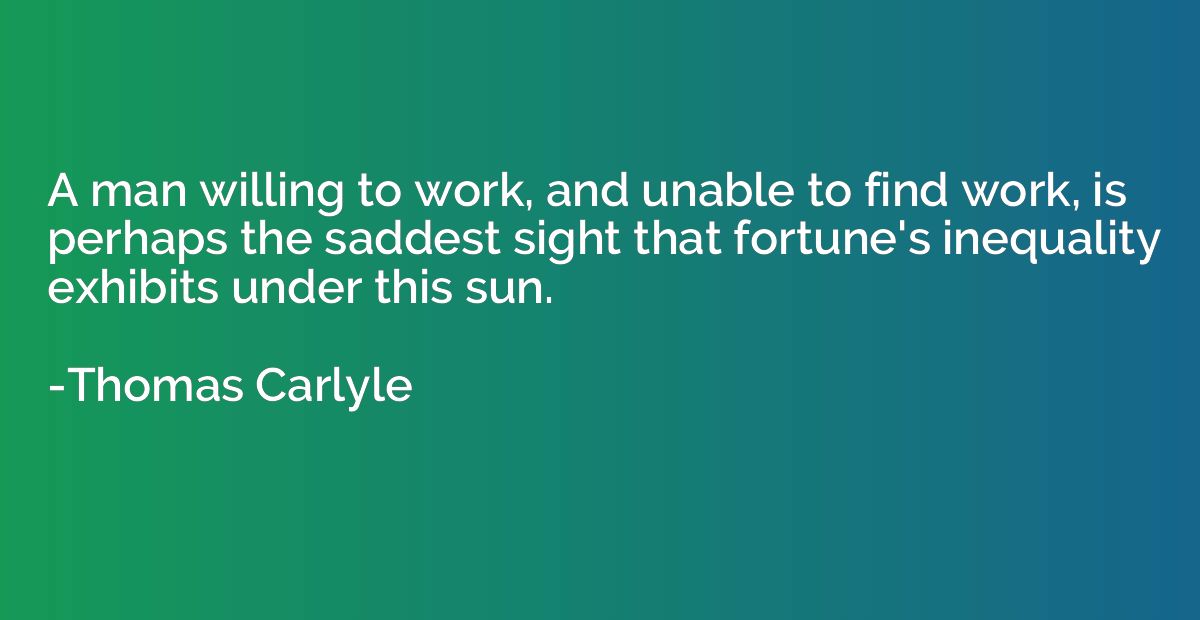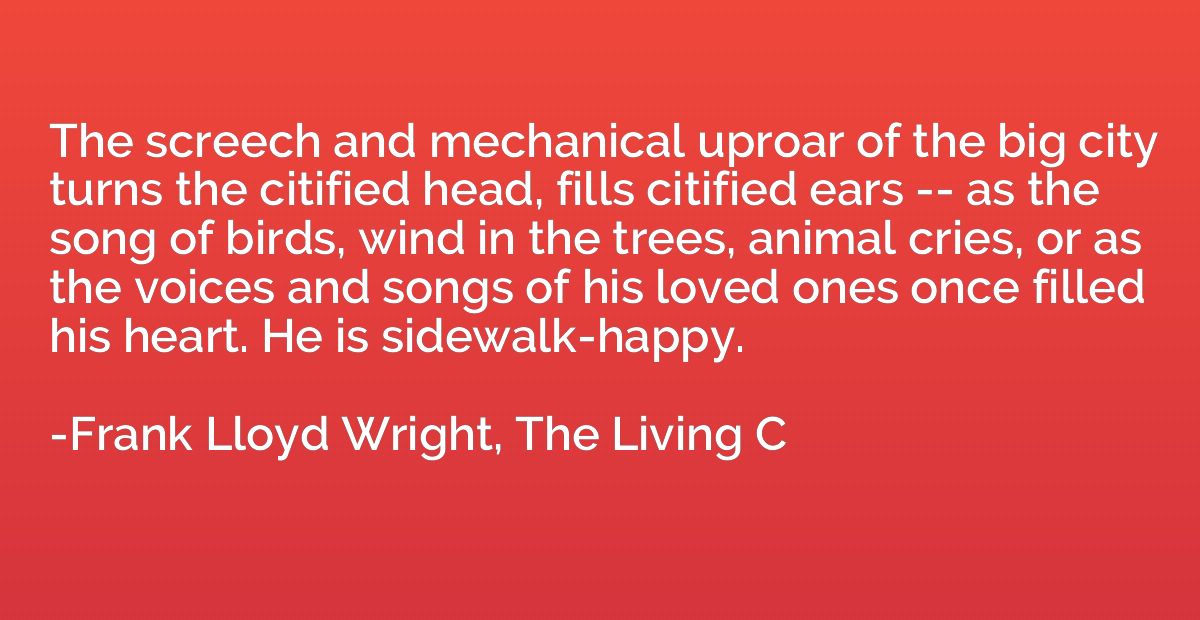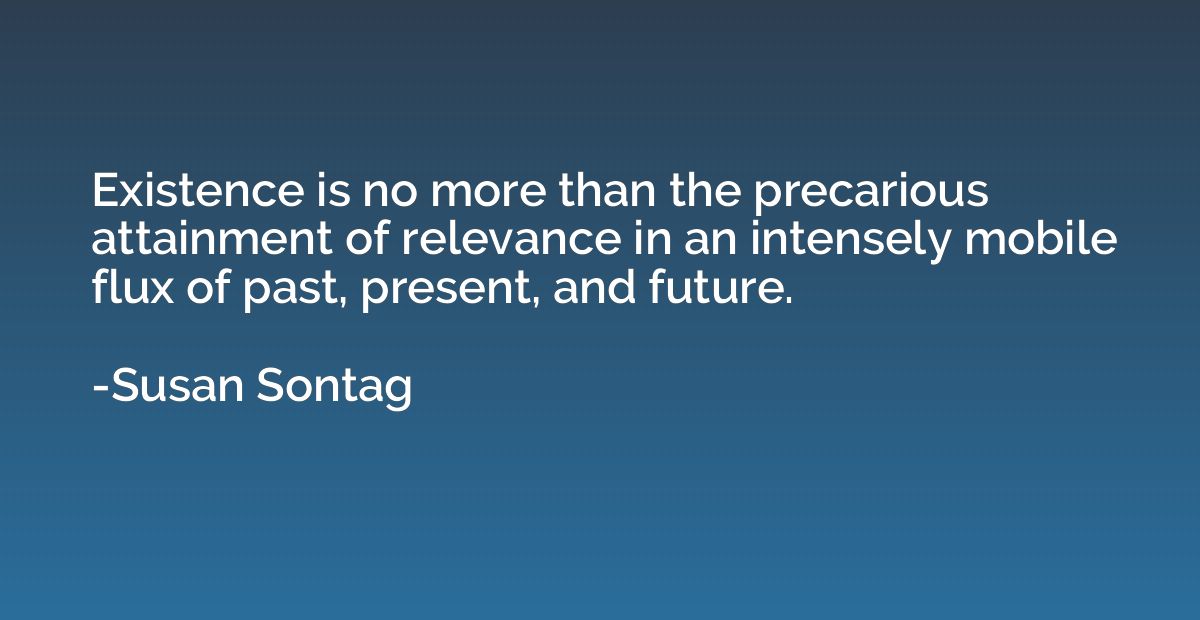Quote by Henry David Thoreau
Give me a wildness whose glance no civilization can endure,-as if we lived on the marrow of koodoos devoured raw
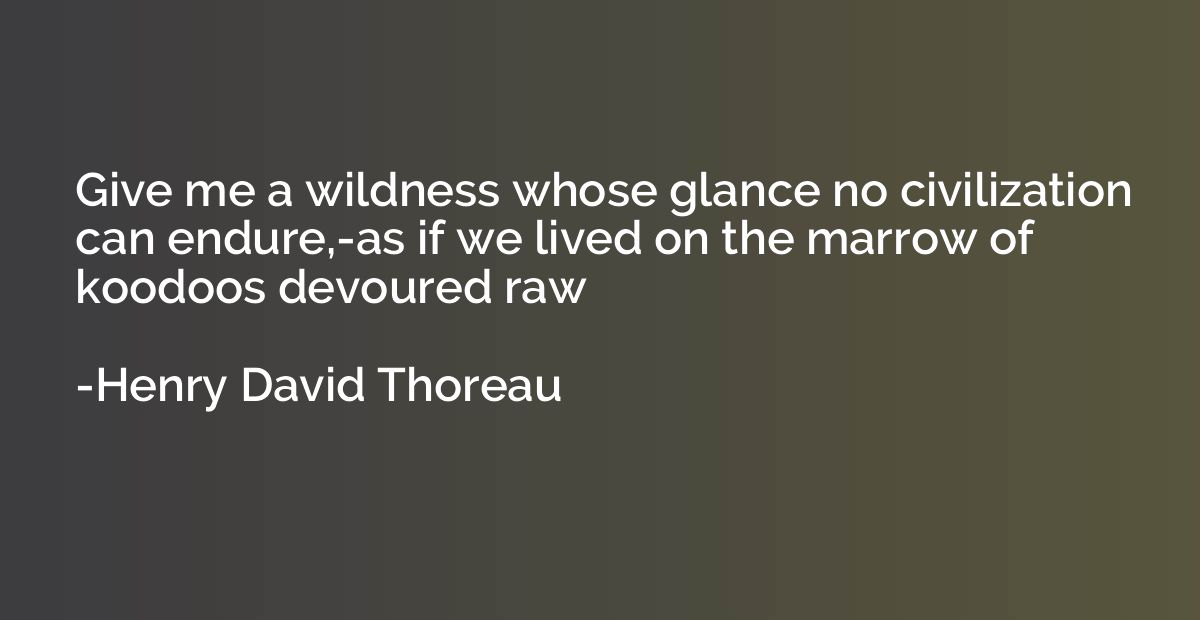
Summary
This quote suggests a desire for an untamed and fierce energy that goes beyond the boundaries of civilization. It calls for a wildness that is overwhelming and uncontrollable, challenging the norms and expectations of social order. By referring to devouring koodoos (a type of antelope) raw, it emphasizes a raw and instinctual nature. The quote implies a longing for the primal and savage aspects of existence that cannot be contained or suppressed by the constraints of civilized society.



